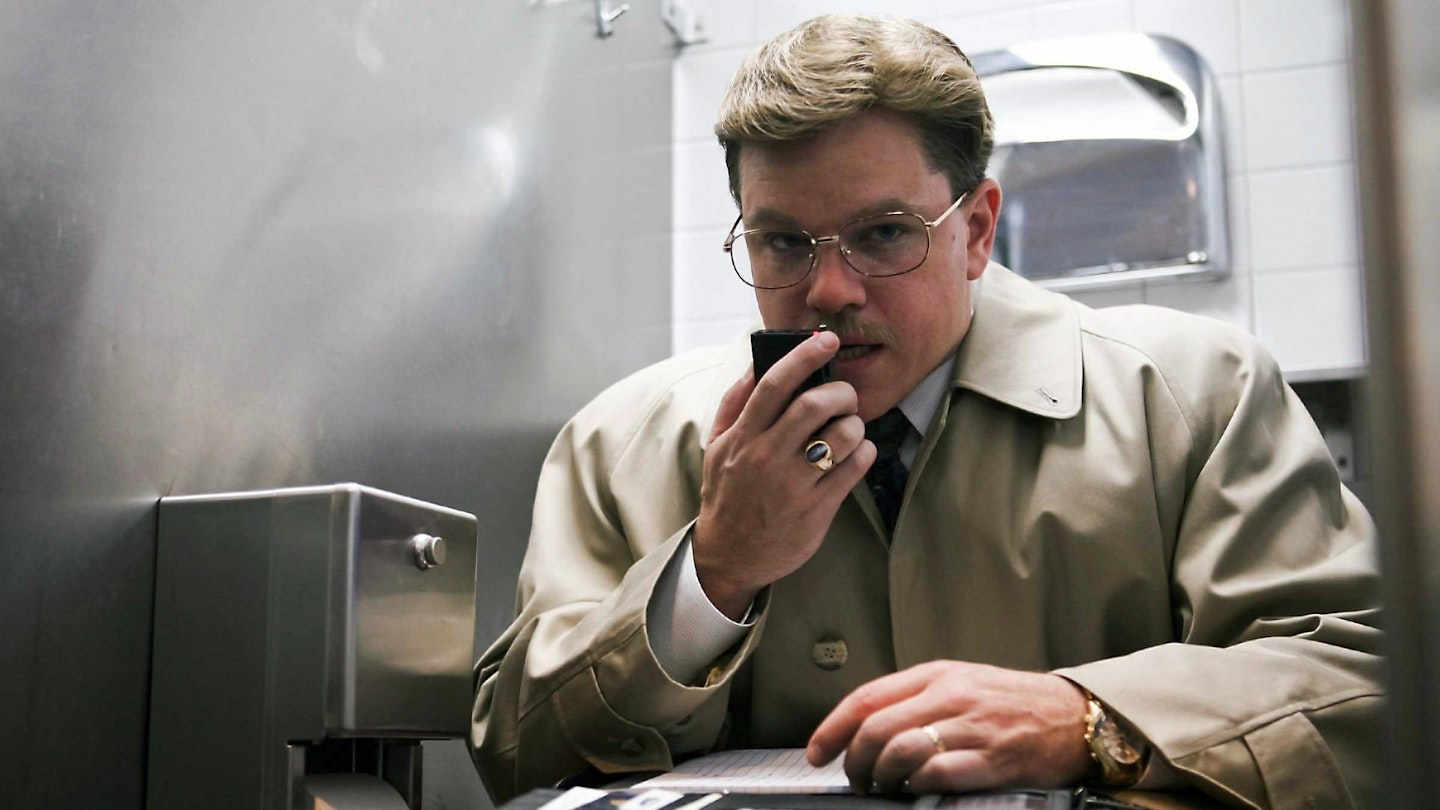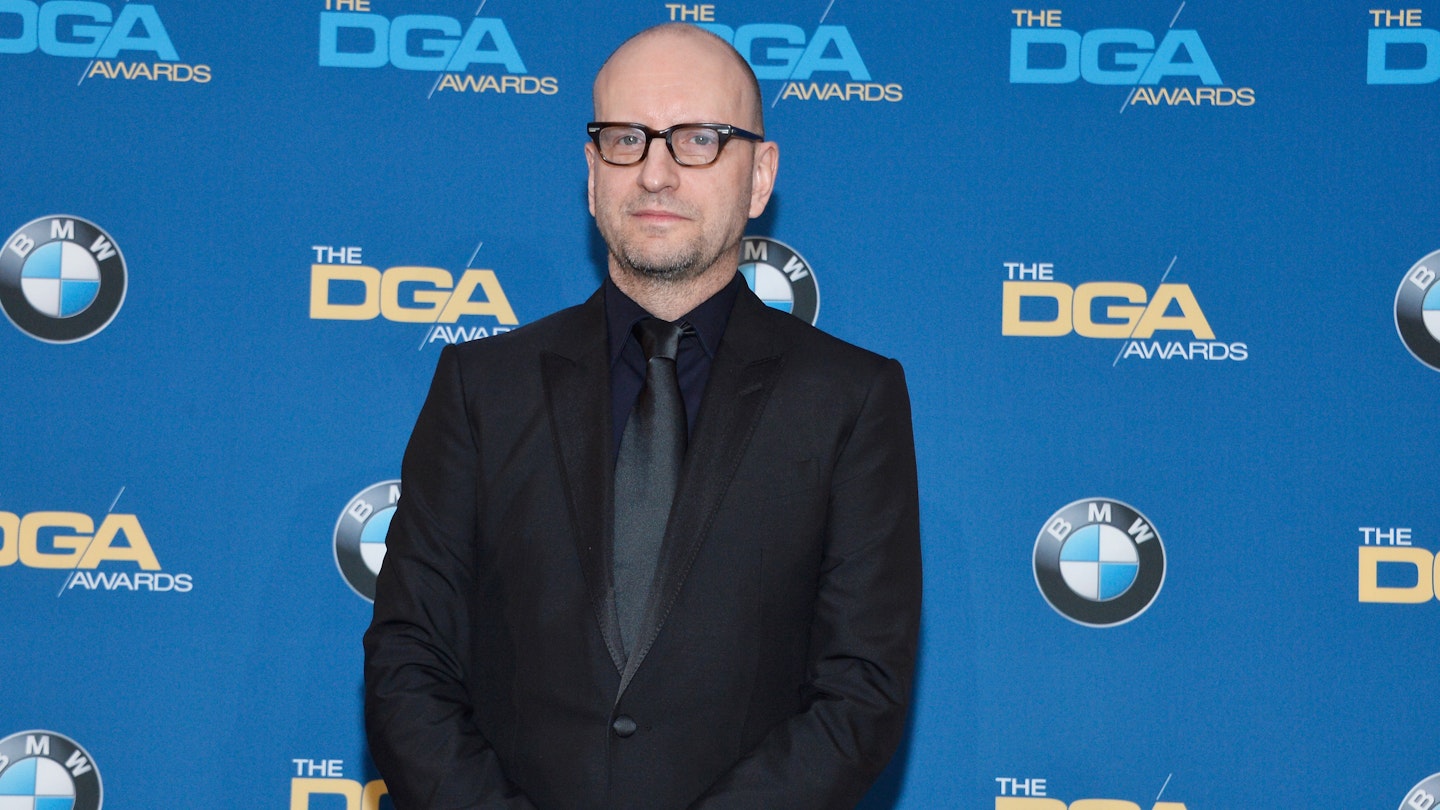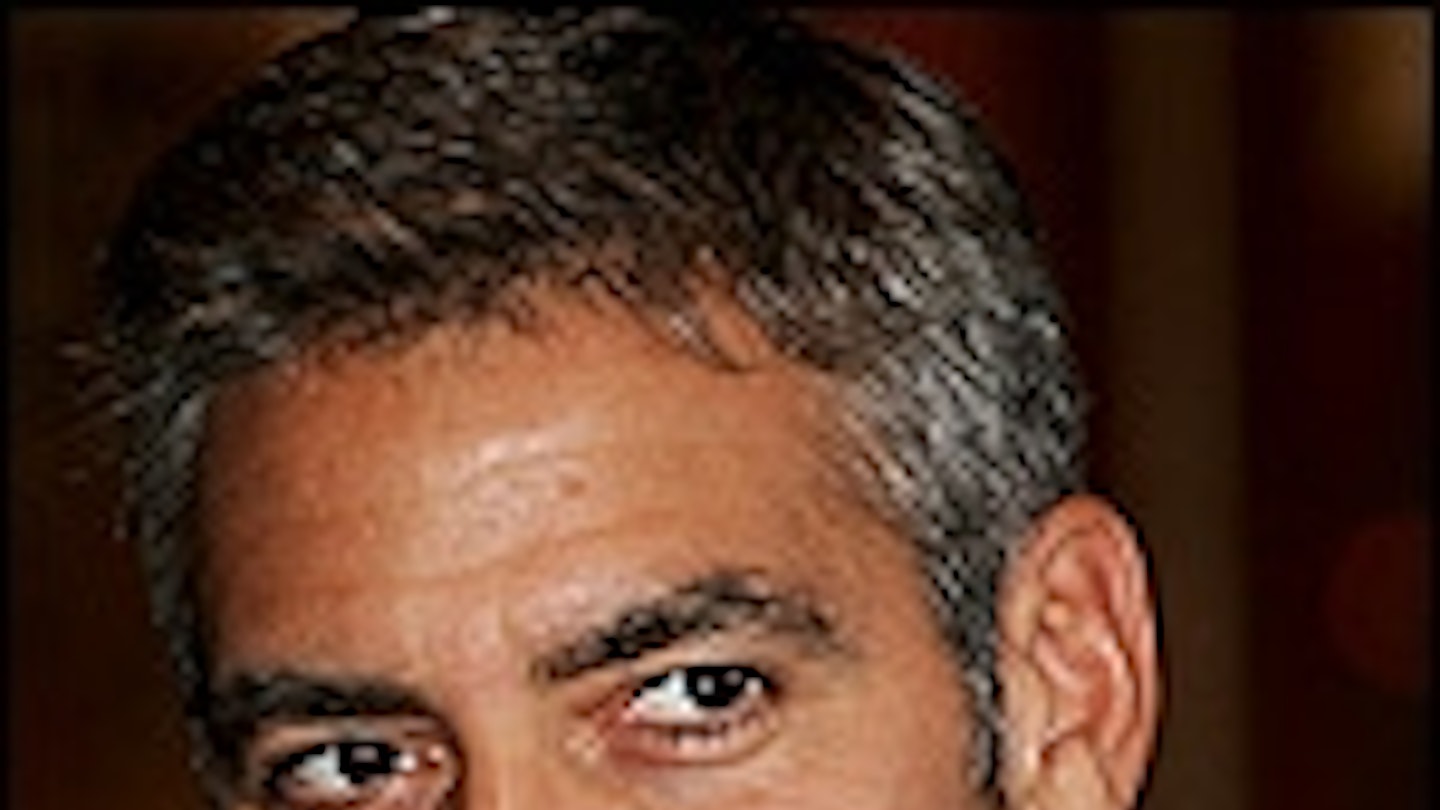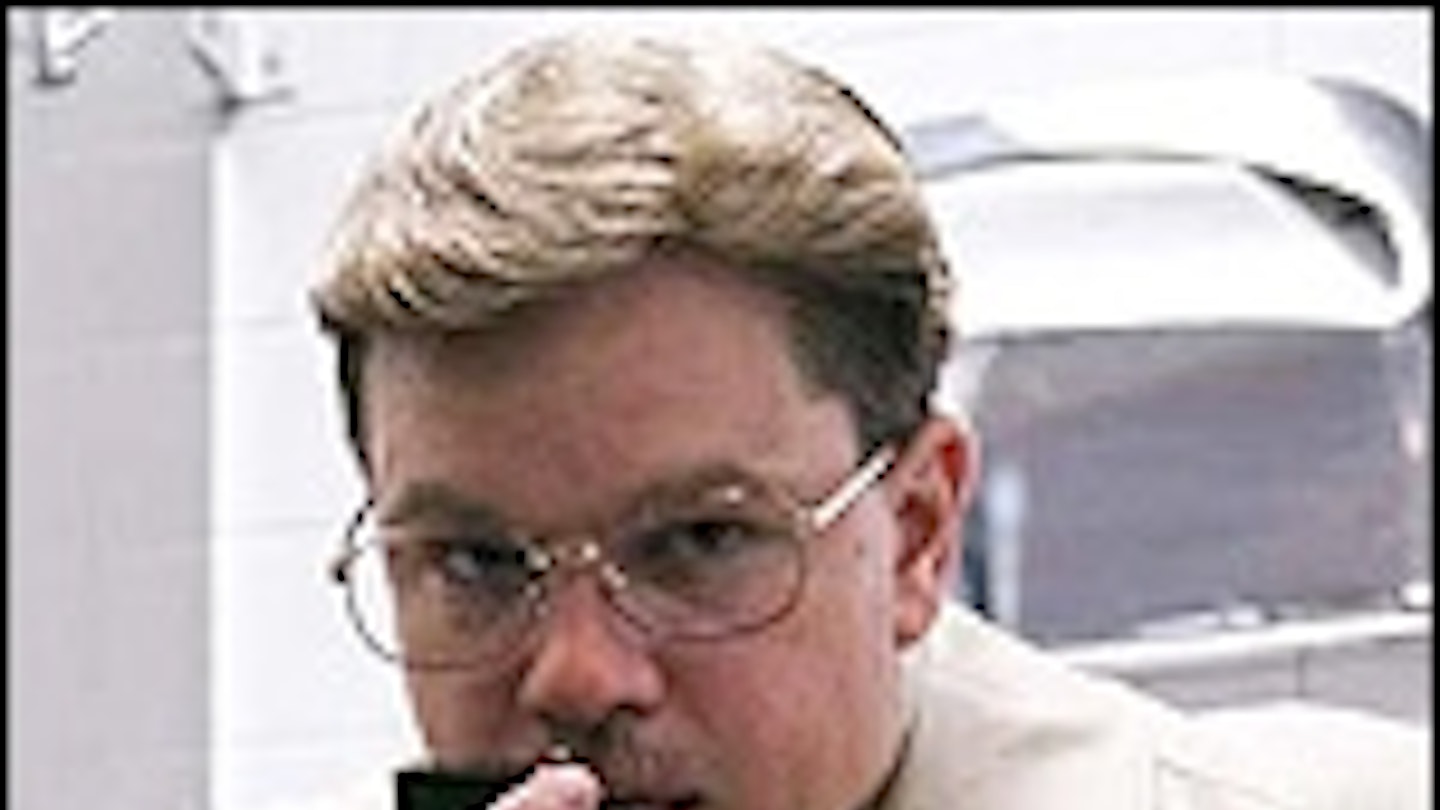Everyone in this country is a victim of corporate crime by the time they finish breakfast,” declares a whistleblower as he tries hard to get the government (and audiences of this film) interested in financial shenanigans in the international wheat-extract business. As hot-button topics go, the price of lysine isn’t exactly the sort of thing Michael Crichton or John Grisham — personal heroes of informant-fantasist/till-dipper Mark Whitacre — would choose as the departure point for a paranoid thriller, which hints at why Steven Soderbergh takes a lighter approach than, say, Michael Mann did in The Insider. There are no besuited hitmen or suspicious one-car accidents here, though Whitacre is so exasperating that the temptation to have him whacked must have been almost irresistible. In most whistleblower stories, tension comes from investigators trying to get a compromised witness to talk — here, once the tap is on, the informant simply won’t shut up, digging deeper holes for everyone involved with each revelation or bizarre lie.
While ‘working undercover’ — i. e. wearing a wire or arranging a camera as he sits in on matey meetings about international price-fixing — Whitacre takes the code-name 0014 because he thinks he’s “twice as smart as James Bond”. However, despite a running stream-of-consciousness voiceover that suggests he’s genuinely convinced of his maverick heroism, he’s actually a bipolar schmuck. To play Whitacre, Matt Damon goes all-out to change his look, adopting a paunch, nerd ’tache and elaborate hairdo.
However, the star isn’t just physically disguised as he breaks brilliantly with anything he’s done in his career to play a man who looks in the mirror and convinces himself that he sees Jason Bourne. Indeed, Whitacre wishes so hard that he were cool and honourable that it takes a while for others to wonder about his statements — his unshakeable faith that his company will promote him when he’s seen several board members go to jail — or tell-tale signs of his own dubious activity, like the sports cars in his garage, and discern the dangerously deluded character they’re dealing with.
Soderbergh builds the film around the character and the performance, with a breezy Bond knock-off score from Marvin Hamlisch (of The Spy Who Loved Me fame) and a colourful, wry style. In fact, the film is almost too wound up in its lead’s world, short-changing those around him — especially the excellent Melanie Lynskey as Whitacre’s supportive wife, whose degree of complicity in his extravagant lies remains vague, though she gets one marvellous late-film moment as a single tear marks the point when she has to cry “enough”. Though Whitacre sees everyone as a stooge, Soderbergh has a knack for filling bit parts with welcome players who carry slightly naff but enduring bits of film history, making room for Clancy Brown (Highlander), Candy Clark (American Graffiti), Tom Wilson (Back To The Future) and Frank Welker (the current voice of Scooby-Doo).




